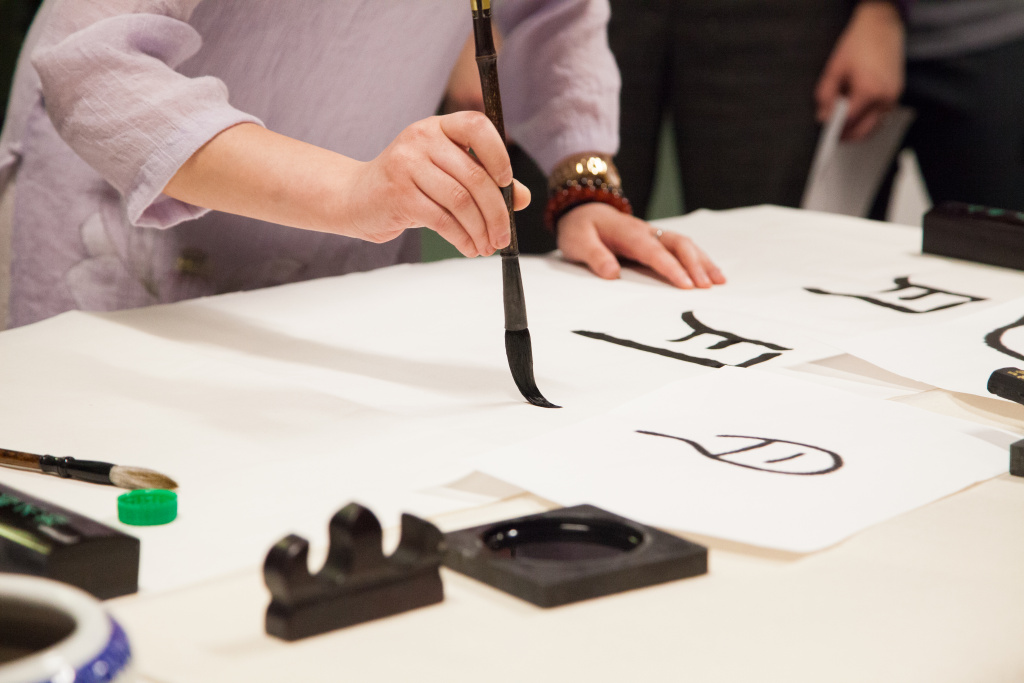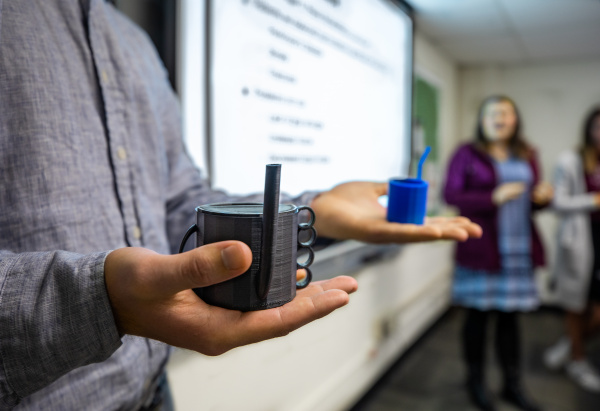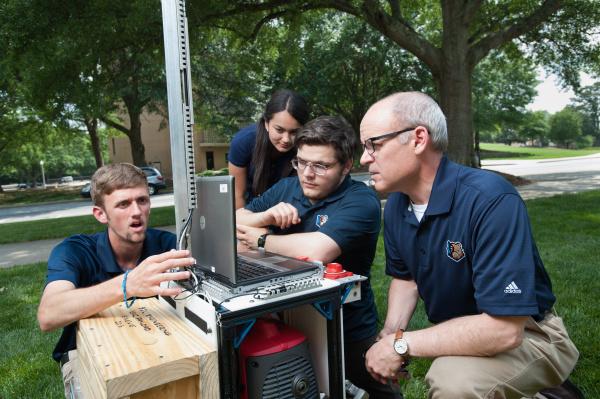For the past six years, students in BJU’s Chinese minor have taken online summer courses through Beijing Language and Culture University (BLCU). Seven students currently are enrolled in the program.
Junior cross-cultural services major Elaina Lehner said of the program, “I was concerned at first with the fact that the teachers would be teaching Chinese in Chinese, but that aspect of the class was one of the more significant in stretching my comprehension skills. … These courses have provided the structure and discipline I need as I seek to memorize and grow toward fluency in my Chinese study.”
See Also: Hands-on in Global Marketing
The Facts
BLCU is the only university in China that specializes in offering Chinese language and culture courses to foreign students. Each summer, BLCU assigns professors to teach and evaluate students via online classes as the cap courses for BJU’s Chinese minor program. Instructors have a prerequisite of two years of resident courses in Chinese language and culture.
The Chinese minor was first offered fall 2001. Ying Leach, at the time a graduate student working on her master’s degree in English Education, became the first Chinese teacher. In 2003, she became a full-time instructor, teaching three levels of Chinese language and modern Chinese culture. During this time, the program grew to include extracurricular activities, language proficiency testing, Chinese language contests and scholarships for Chinese study abroad programs.
More than 40 BJU Chinese minor students have successfully completed the program with BLCU, and more than 60 have passed intermediate Mandarin Chinese proficiency tests.
Since 2010, more than a dozen BJU students have studied in China. In addition, three students have been accepted into graduate programs at Guizhou University.
The Benefits
When asked about the program’s benefits, the consistent practice with a non-fluent English speaker was a top response. The limited ability to communicate with their instructor in anything other than Chinese forced students to use what they had learned.
As for the most challenging aspect of the program, almost every student claimed the level of memorization of characters and vocabulary. But the rewards of learning Chinese outweigh the challenges. James An, a senior information technologies major from Japan, says his knowledge of Chinese is one of his strongest business skills.
Said junior English major Madi Landry: “The most rewarding aspect has been the appreciation of a different culture that comes with learning any new language. Certain words and phrases … have deeper cultural meaning in addition to the meaning in the current conversational context. Learning these and the other rich components that make up the language, such as honorifics, reveal the heart of the Chinese people.”
The Impact of BJU
BJU’s Core of liberal arts and Bible courses have laid a foundation for individuals studying in China.
Dan Case, a 2013 Spanish graduate and 2018 accounting graduate, said, “Without the solid foundation of Chinese built during my time at BJU, there’s no way I would have been able to qualify for the Confucius Institute Scholarship, without which I never would have been able to study in China. Furthermore, taking Chinese at BJU equipped me with what I needed to face another world upon my arrival in China. The language abilities and cultural knowledge I accumulated during my time at BJU proved critical in helping me adapt to my life as a student in China, both in the classroom and out in the city.”
Sara Dawn Smith, a 2017 international studies graduate with a Chinese minor, said her time at BJU helped her develop critical thinking skills “which (have) helped me greatly when it comes to understanding culture and national thought as I encounter it here in Guizhou and will be a great tool as I prepare to write my graduate thesis.”
She also said her time at BJU prepared her for questions about her faith. “I know what I believe and why I believe it. … I am often questioned about my faith, and having researched academic answers to these questions, while not the most important part of faith, is helpful in defending what I know to be true,” she said.








